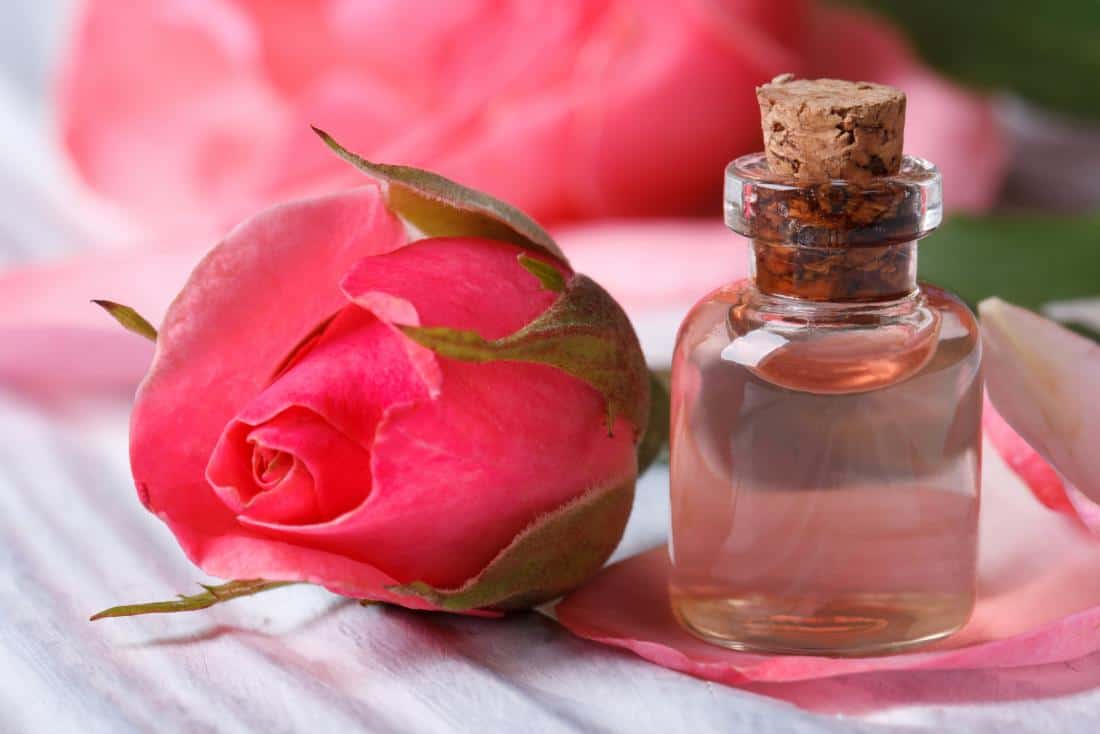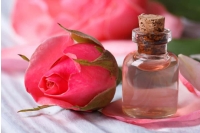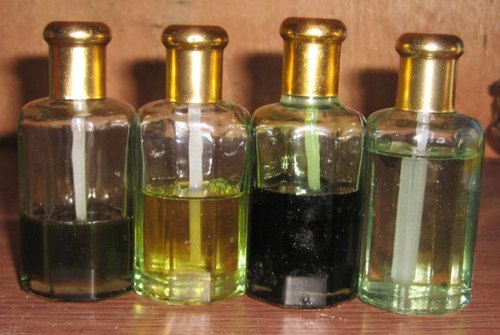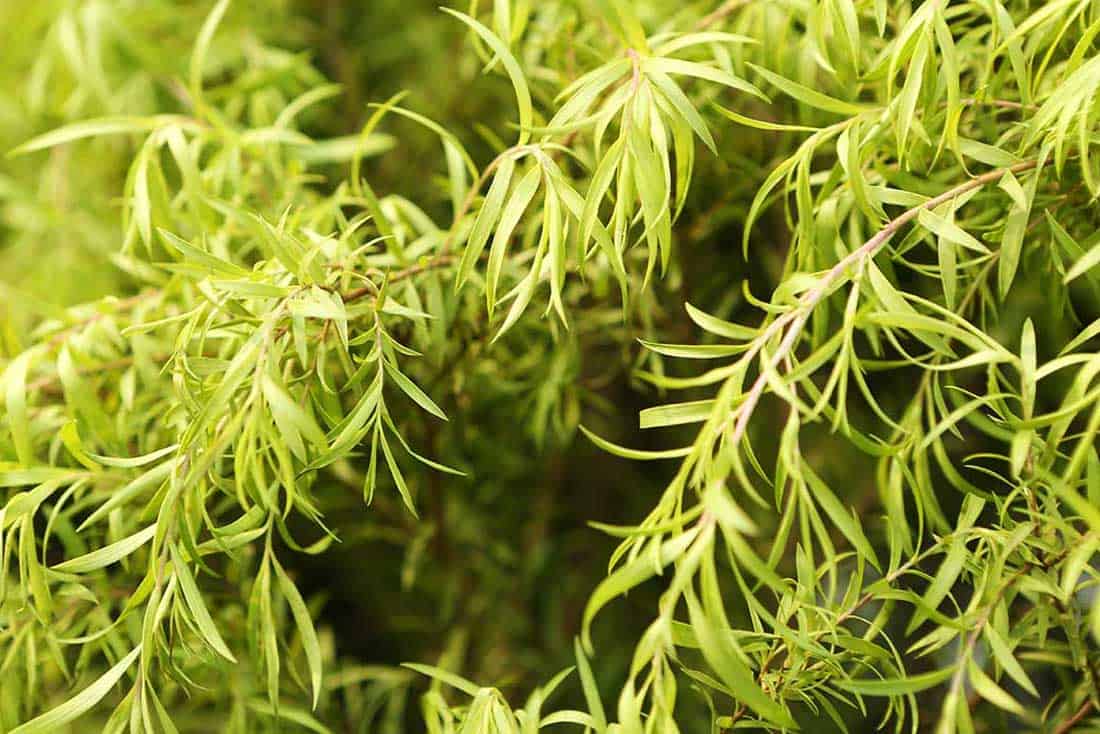This website uses cookies to ensure you get the best experience on our website. Read more
Rose Water- Why it is most so popular ?

Nov 03. 2023
Rose Water- Why it is most so popular ?
MEENA PERFUMERY’S Rose Water has been a bestseller since it’s launch. While its popularity has only grown over the years, not many are aware of what makes this Rose Water so special.
In this blog, let’s take you on a journey to discover the many secrets stored in a single bottle of MEENA PERFUMERY’S Pure Rose Water, starting from its origin.
Kannauj, now known as India’s Perfume Capital, carries on the ancient tradition of deriving essential oils (ittar) from flowers.
If you ever visit Bara Bazaar in Kannauj, you would be engulfed in the heady scents that hang all around. The ancient steam-distillation (deg-bhapka) method - a way to extract essential oils from the flower petals - is still upheld in the small lanes of Kannauj.
But even in Kannauj, the city of fragrances, there is one scent that stands out head and shoulders above the others - ‘The soul of the rose’ or ruhulgulab.
- The hand-picking of roses and grading
Rose petals are first hand-picked before sunrise and sent to the distilleries to be used the very same day.
They are then collected as per the grade and strength required. The ‘grade’ refers to the type of flower (there are many varieties) and ‘strength’ refers to the ratio of flower petals to the water.
- The heating of the copper vessel (deg)
The rose petals are upended into large dhegs, or copper pots and a small amount of cold water is added to it. A fire is then lit below this container which causes the distilled water to convert into steam.
The temperature to which the container is heated determines if the outcome is as desired or whether it will be a waste of good roses. Here, the expertise of the perfume maker plays an important role.
- The collection of steam in bhapka
Steam passes through the rose petals, and the roses slowly release their essence.
This steam then twirls and passes through copper pipes into another compartment which is cooled continuously by external channels of cold water.
This compartment is completely sealed, and the cold water aids the process of condensation of rose water vapors, which are then collected at the bottom in a specially created container. This container is known as bhapka.
This rose water is then emptied out and filtered with UV (ultraviolet) rays so that all microscopic bacteria are destroyed and the product is fit for human use.
Perfume making through deg-bhapka process is intricate and complex
The deg is closely tended by people skilled in this work to ensure that the delicate volatile aromas of the plant are not destroyed. The knowledge and expertise of the perfume maker play an important role in determining the quality of rose water produced.
In Kannauj, the art of perfume making has been passed on since generations from father to son as a family heirloom.
This craft is so esoteric, so hard, that it is slowly dying and fading away. It is also extremely expensive.
1kg of the purest essence of the rose costs 18,000$ or more. 10 grams of the essence sells for more than 650$.
Rising demand for cheap alcohol-based fragrances, coupled with the high cost of production, has badly affected the perfume industry of Kannauj.
We believe, though, that the moment you experience the true scent of the rose - is priceless.
The purity of Rose Water created from the ancient deg-bhapka method in unmatchable. Therefore, we procure our Pure Rose Water only from the local perfume artisans of Kannauj.
Rose Water and Emotional Health
Jahangir said that “there is no other scent of equal excellence...it lifts the spirit and refreshes the soul.”
Just the mention of Rose brings a cooling and soothing sensation to our senses. The elegant Rose flower has been a symbol of love, friendship, and forgiveness not merely by coincidence.
Did you know that rose balances a special Ayurvedicdosha that governs the emotions and their effects on the heart? This dosha known as Sadhaka Pitta is the caretaker of the heart.
When in balance, Sadhaka Pitta promotes self-confidence, healthy desires, motivation and feelings of fulfillment. However, when out of balance, the same causes negative emotions including self-criticism, low self-esteem, jealousy, and mood swings.




